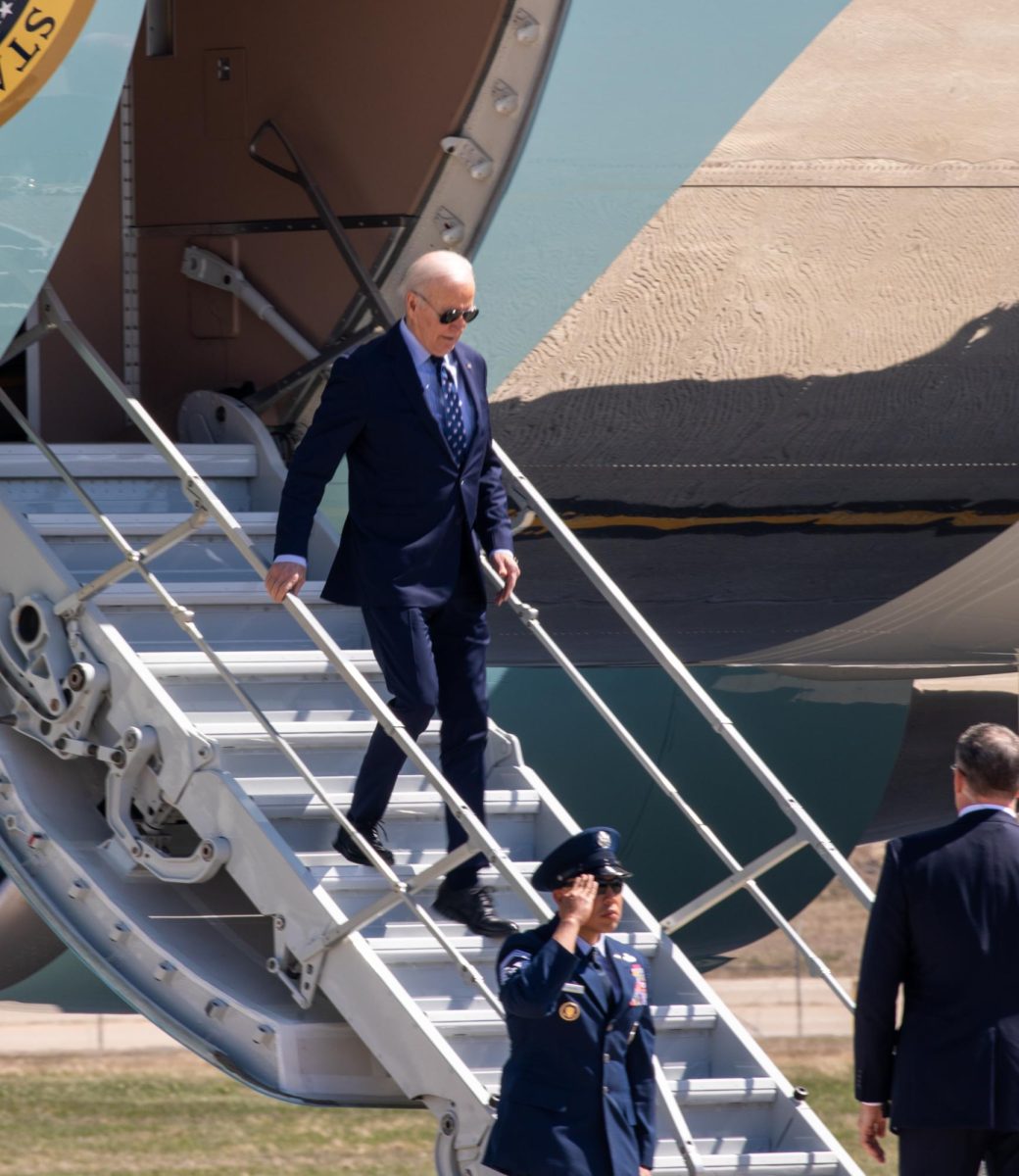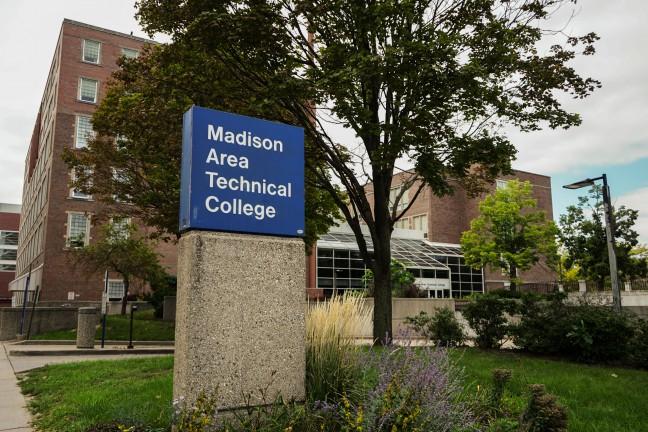Airline travel is an integral part of our American zeitgeist, and there’s no way that we’re giving it up.
As a collected citizenry, we look to our elected figures to devise a way to keep it safe. We want a system that is foolproof, quickly executed and completely unprejudiced. So, along comes the trusty Bush administration, giving us the exact opposite of our wishes: CAPPS II, Computer Assisted Passenger Prescreening System.
In the same way that our country is assigned a color-coded daily threat level, so now will each and every airline passenger. Travelers may be classified as green (low), yellow (elevated) or red (severe). CAPPS II uses a combination of the information required for airline registration as well as information from several commercial and governmental databases, including databases on shopping habits.
Compiling this data with a series of other “risk factors” such as the purchase of a one-way ticket, traveling alone, city of departure, destination, date of ticket purchase or paying with cash, the Transportation Security Administration will asses every traveler’s likelihood of being a terrorist.
The Washington Post recently reported that people familiar with the program estimate that most travelers will be coded green and sail right through security. However, approximately 8 percent will be tagged yellow and subjected to further searches, and 2 percent may be coded red.
Those unlucky 2 percent will not only be forbidden to fly but will also face police questioning and the possibility of arrest. Of course, travelers won’t be aware of how high-risk the government thinks they are until they actually arrive at the airport and begin security screenings.
While no one will argue with the fact that we need advanced security measures at airports, this particular system is severely flawed in logic. We know from intelligence data that terrorists tend to fly one way and travel solo. In what may come as a colossal shock to the TSA, so do a lot of other people.
Any system based on a list of vague, widely applicable “risk factors” is bound to be riddled with errors. Furthermore, the system is based on easily falsified data such as home address, phone number and date of birth. A terrorist need only steal a real identity in order to clear screenings. Identity theft, incidentally, is currently the fastest-growing crime in America.
Imagine a world where a terrorist can coast through security in seconds with a green rating, while grandma is in a back room being interrogated.
Critics of CAPPS II assert that it is a simply a front for law enforcement agencies to cast their net wider and catch more criminals. I, for one, don’t have a problem with that. If police were waiting at the gate to arrest a criminal trying to flee the state, I don’t think anyone would object.
But there are a series of questions regarding CAPPS II that no one is answering: What data is used to comprise the system’s database? What is the error rate of the system? How are children handled? Who exactly will have access to the potentially very personal information in this database?
Obviously, if these questions were to be answered publicly, CAPPS II would be rendered ineffective. If the government and the airlines disclosed what information they are looking at in CAPPS II, potential terrorists would know exactly what to avoid. The dichotomy is that airline passengers have a right to know the answers to these questions. Buying an airline ticket is not analogous to sacrificing your civil liberties.
The American Civil Liberties Union has officially condemned the program. “These are potentially fundamental changes in the relationship of the individual and the government, to have the government assigning risk scores to all of us,” Jay Stanley, spokesman for the ACLU, told The Associated Press.
Furthermore, this is a very, very expensive program that cannot afford to be flawed. The first testing phase was contracted to Lockheed Martin for $12.8 million, and the actual implementation of the system will cost hundreds of millions of dollars.
Reinforced cockpit doors, armed pilots, armed air marshals on board and highly advanced screening systems are non-invasive, effective ways to enforce airline security. For the cost of the highly questionable CAPPS II system, these already existing security measures could be vastly improved upon to provide airline passengers with the virtually flawless, streamlined, prejudice-free system they desire.
Kate MacDonald ([email protected]) is a UW-Milwaukee senior majoring in economics and film.







